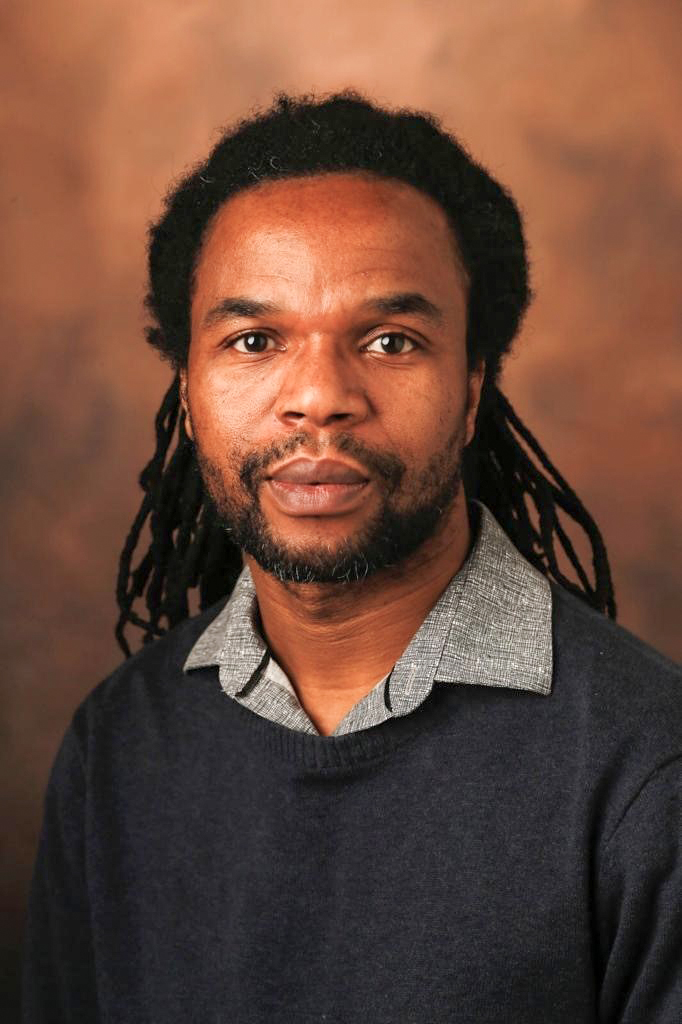Assié‐Lumumba, N. D. T., Cossa, J., & Waghid, Y. (2019). Freire and Africa: A Focus and Impact on Education. The Wiley Handbook of Paulo Freire, 149-166.
Literature on Freirean educational theory and practice in Africa covers a wide range of areas and perspectives. Throughout the African continent, Paulo Freire and his pedagogical influences in the areas of dialogical praxis and conscientization and functional literacy were known in countries still engaged in the decolonization struggle as well as in those in search of postcolonial transformative educational systems. Indeed, for colonial and postcolonial educational institutions, the seminal works of Paulo Freire can be considered among the most significant scholarly contributions to have been made in education. From colonial oppression and postcolonial autocracies in many parts of the African continent to apartheid in South Africa, “organic intellectuals” (according to the concept used by Antonio Gramsci) or “transformative intellectuals” (to borrow a term coined by the critical scholar Henry Giroux) have emerged to contest, epistemologically, and undermine such heinous forms of inhumanity. The works that these intellectuals drew on were situated, poignantly, in the erudition of Paulo Freire, one of the world's most famous contributors to an educational discourse of conscientization, hope, praxis, and imagination. The thoughts and actions of African enlightened education theorists and political actors such as Amilcar Cabral (1973) of Guinea-Bissau or Mwalimu Julius Nyerere (1967, 1973) of Tanzania converged with Paulo Freire's analytical perspectives and praxis. This contribution starts off with a discussion of the educational background and life of Freire, tying this to African thought and practice followed by an outline of his notable contributions to educational theory and practice. The third focal point of this chapter is an examination of the influence of his transformative ideas and liberation pedagogy on education conceived holistically and particularly higher educational institutions in Africa. The paper is a conceptual essay with practical illustrations drawn from levels and types of education across the African continent.
